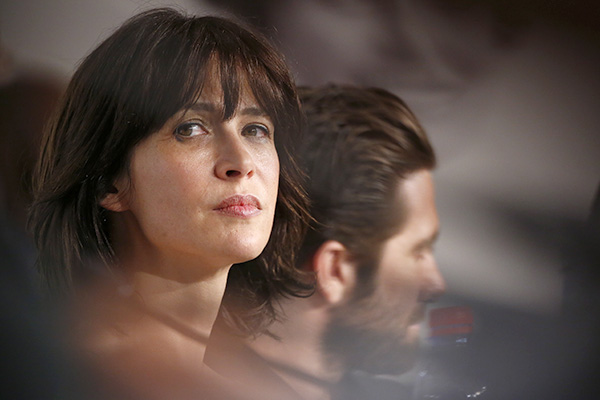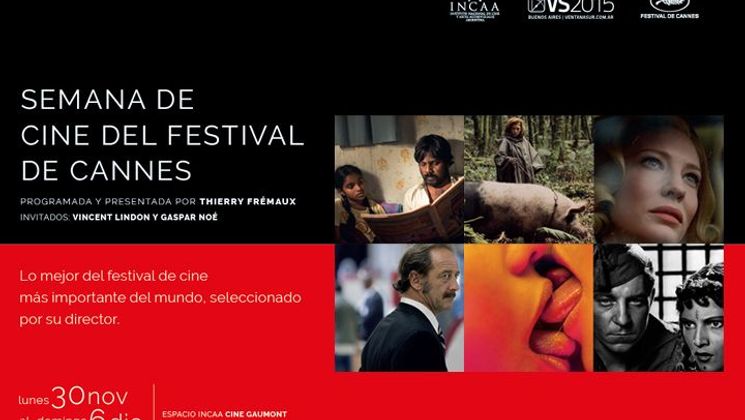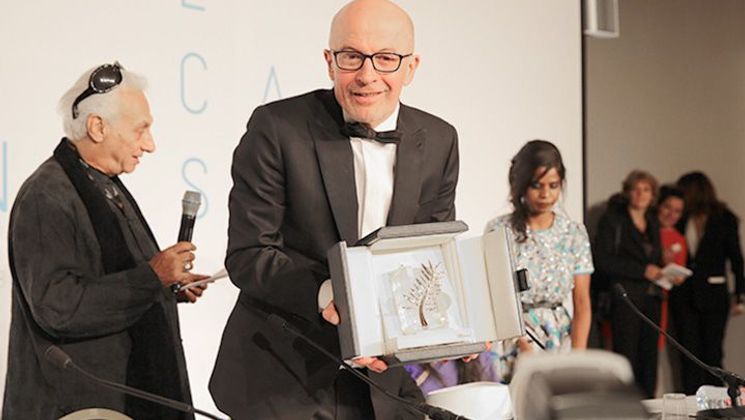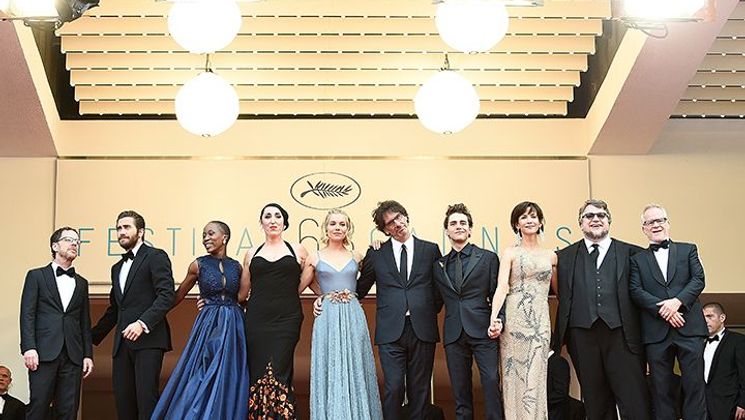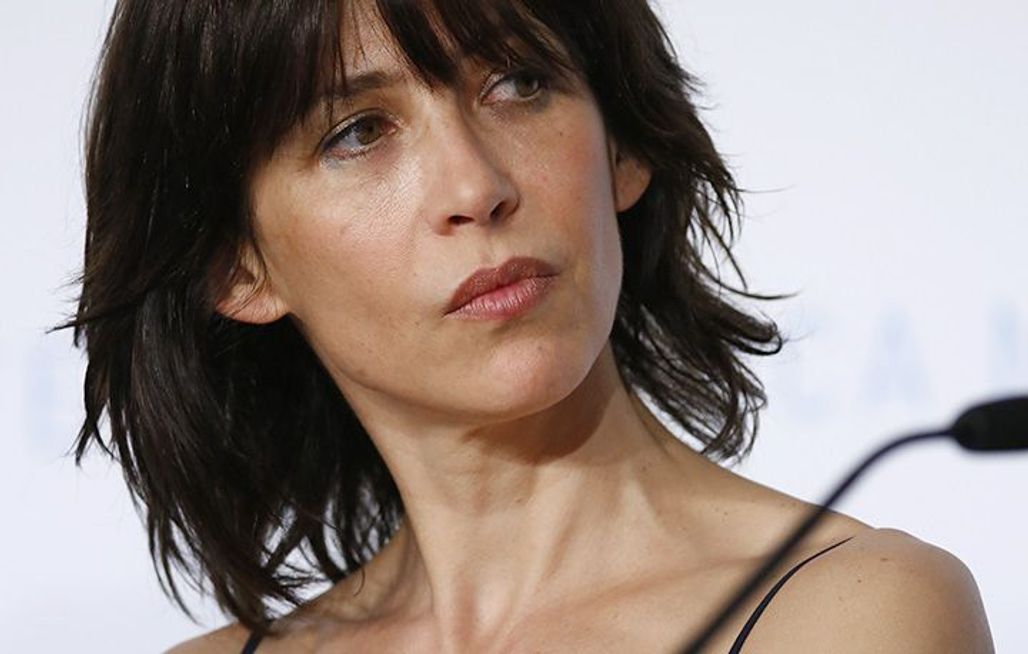
INTERVIEW – Sophie Marceau “My culture is French, but films have a universal language”

French people have a special place in their hearts for Sophie Marceau. She is a member of the International Feature Film Jury for the 68th edition of the Festival de Cannes. A role that the actress, who has already presented three films as an actress and one as director, accepts with enthusiasm. Let’s hear what she has to say.
This year, you’re on the side of the people awarding prizes. How do you view films? As an actress or as a member of the audience?
As a member of the audience, really. I like watching a film for the director, the poster, the actors, and I like being surprised, decoding things with the eye of a professional. In France, there is a very sophisticated public who goes to see so many different films and genres. I’ve noticed that there are a lot of people at the 8.30 am screenings; these people talk about cinema, who could also be members of the juries. Besides, I think it’s great that one of the members of our Jury is not from the film industry.
Sophie Marceau © FDC / C. Duchene
Does your view as a French person bring anything particular to the International Jury?
My culture is French, but there is a universal language. A film is a culture or a story in its own right. We all have a different culture and home country, but I think that the people who put a lot into the film industry all speak this universal language. I can appreciate a French film in much the same way as an American film.
As a member of the audience, what type of film has an effect on you?
I’m Joe Public, just like for music. I really love all genres, from action films to surrealist films not forgetting art films or comedy. I like George Miller, his very funny Mad Max and his madness, as much as I like Arnaud Desplechin and Olivier Assayas.
Is there a profession or a character that you haven’t yet played on the screen, that you’d like to?
Yes, a policewoman or a thug! I’ve acted in quite a lot of historical films, it’s something that I love and miss, but in reality, what is important are the views of the directors.
Journalists always ask you about La Boum (Ready for Love) but is there a film in your career that you’d like to defend?
I find it difficult to analyse myself, to watch myself in films. When I’m on location, sometimes things go really well, and other times I get the impression that I’m making progress, but each time, what is important for me are the director’s listening skills. Whether shooting lasts three, five or sixteen weeks, each film represents a part of my life that I try and cherish as much as I can. I defend all my films with the same strength. Some characters I like more than others, because they’re taken from wonderful books like Anna Karenina, or La Fidelidad (Fidelity), which is a bit like the positive side to Anna Karenina. Some of my roles have had an impact on me, like the one I’ve just played in prison.
You say that you like serene atmospheres when shooting…
Serene but not boring! I like watching others work, a worker put up wallpaper, a baker making bread, etc. I love it. There are lots of professions in the film industry. When I use the word serene, I’m referring more to an atmosphere where people concentrate, work, but where there is also tension, giggles and stress. The most important thing is to remove everything that is expendable and to retain the essential.
What are your best memories of the Festival?
I’m having one of them right now! I always used to come for two or three days, often with no film being presented, which can be a bit upsetting at times. This time, it’s great, I’m really having fun. I like getting up in the morning to watch films, discover things that I don’t know. I watch two to three films a day, it’s exciting! The only thing I miss is daylight, otherwise I’d watch even more!
Interview by Charlotte Pavard
